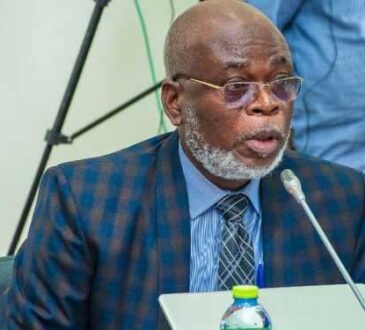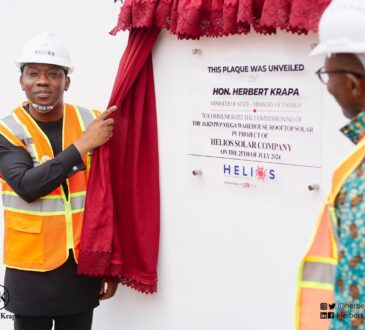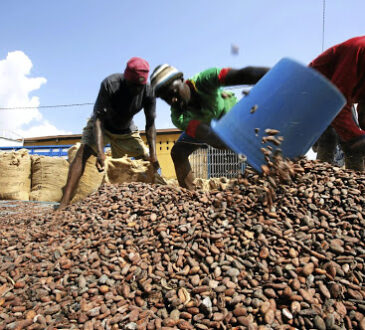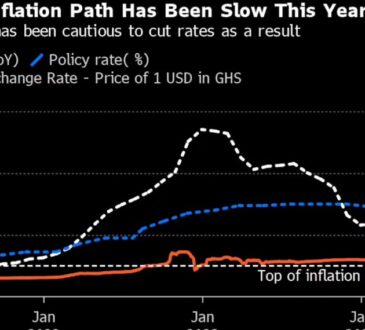
The management of electronic waste in Ghana has been fraught with some challenges as scrap dealers- the most dominant actors in the e-waste value chain – use unorthodox, and sometimes, crude methods such as open burning in the recovery of valuable fractions from electronic waste.
It is against this background that the Government of Ghana, through an Act of Parliament, passed the Hazardous and Electronic Waste Control and Management Act, Act 917 to regulate the e-waste sector for actors to manage e-waste in an environmentally friendly manner. As a sequel to the Act, the Electrical and Electronic Waste Management Fund (E-waste Fund) was established to oversee the management of funds accruing from the advanced eco-levy for the responsible management of e-waste.
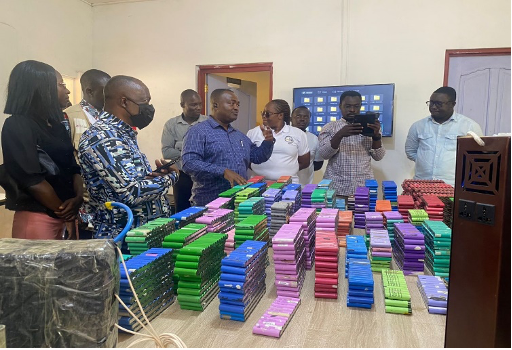
The Parliamentary Select Committee on Environment, Science, and Technology, in collaboration with the E-waste Fund, embarked on a monitoring and evaluation exercise within Accra, Koforidua, and Kumasi to supervise activities in the E-waste sector. The working visit was for the committee to keep themselves abreast of ongoing initiatives within the sector.
The committee commenced the exercise in Accra with a visit to the Agbogbloshie Green Ad Satellite handover Centre and the Ghana Atomic Energy Commission handover Centre (GAEC) where they were informed about a novel incentive payment system for e-waste types, collecting 498 tons of e-waste material worth 5.6 million Ghana cedis. This is a bilateral project financed by the German Development Bank, KFW and implemented by the Ministry of Environment Science Technology and Innovation (MESTI). The Project Implementation Unit (PIU) has worked with over 500 scrap dealers since the inception of the project. The committee engaged scrap dealers who requested a review of the incentive prices to reflect the local market rate. The committee implored the E-waste fund and the PIU to expedite processes nationwide.
Members of the select committee and the E-waste Fund visited the GAEC storage facility – a holding center where e-waste materials accumulated from the various collection centers are held and subsequently tendered to interested recyclers for further processing. The Committee commended the progress made and advised attention to other sources of e-waste generation from household and government agencies.
They further urged the E-waste Fund to embark upon aggressive publicity to bring the activities of proper management of e-waste into the public domain.
The committee raised concerns about the encroachment and development of human settlements close to the storage facility and advised that these residential developers be made aware of the hazards associated with developing human settlements near the facility.
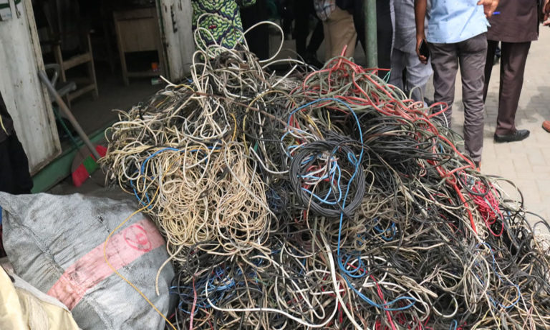
During the second day of the exercise, the committee together with the E-waste Fund conducted a tour of several collection centers in Koforidua, including one designated for a proposed pilot incentive payment system.
To conclude the exercise, on the third day, the team visited e-waste scrap yards and a recycling company in Kumasi to gain insight into their operations and the challenges they face.
It is important to note that, whilst this aligns with Sustainable Development Goal 13, the Government of Ghana is paying attention to the collection, storage, and recycling of e-waste in an environmentally safe manner to forestall any hazardous incidents that will compromise the general health of the people and the ecosystem.




